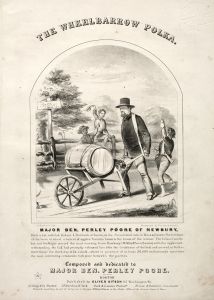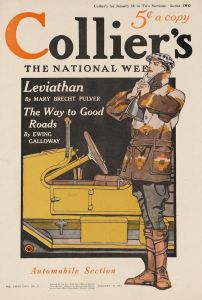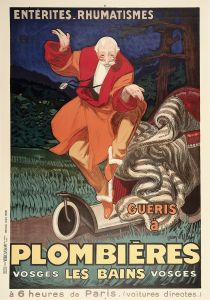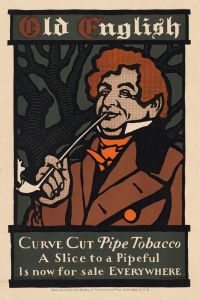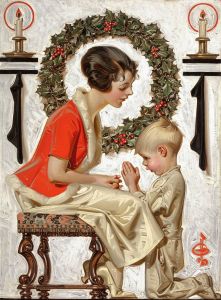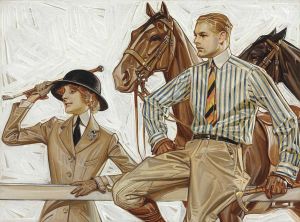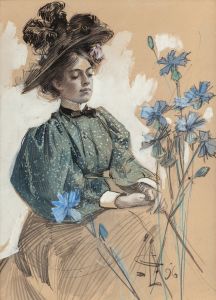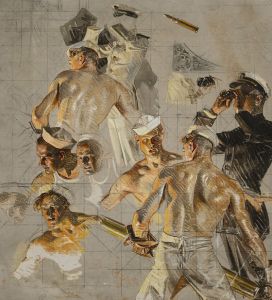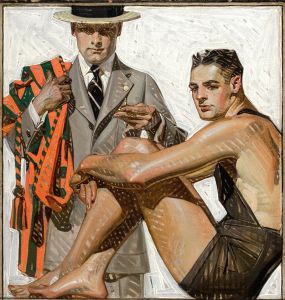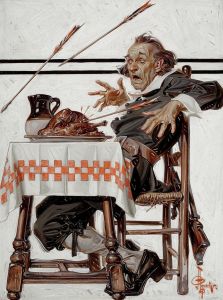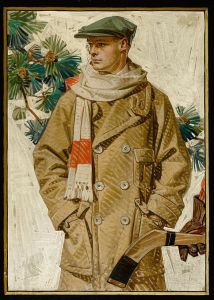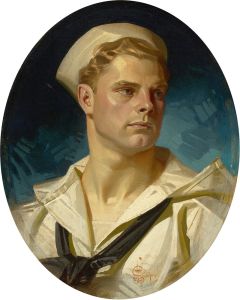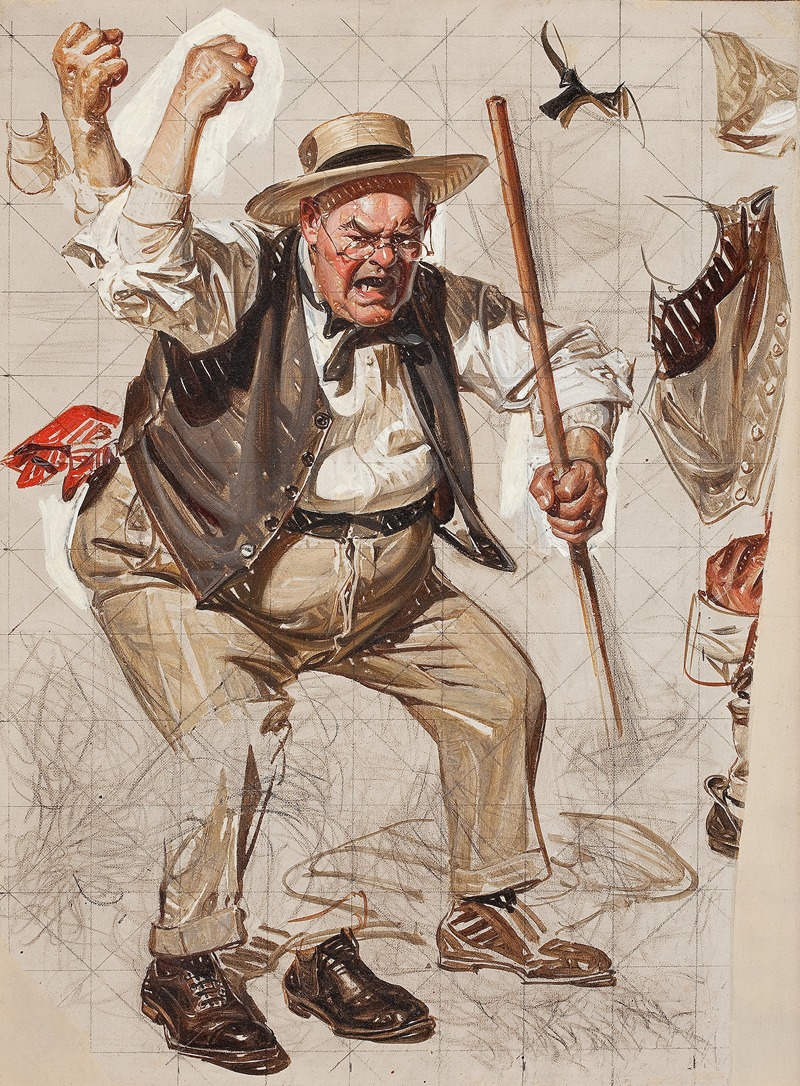
Saturday Evening Post cover, study
A hand-painted replica of Joseph Christian Leyendecker’s masterpiece Saturday Evening Post cover, study, meticulously crafted by professional artists to capture the true essence of the original. Each piece is created with museum-quality canvas and rare mineral pigments, carefully painted by experienced artists with delicate brushstrokes and rich, layered colors to perfectly recreate the texture of the original artwork. Unlike machine-printed reproductions, this hand-painted version brings the painting to life, infused with the artist’s emotions and skill in every stroke. Whether for personal collection or home decoration, it instantly elevates the artistic atmosphere of any space.
Joseph Christian Leyendecker (March 23, 1874 – July 25, 1951) was a prominent American illustrator, best known for his poster, book, and advertising illustrations, as well as his covers for the Saturday Evening Post. Leyendecker's work has had a significant impact on American visual culture, particularly in the early 20th century.
Leyendecker was born in Montabaur, Germany, and immigrated to the United States with his family in 1882. He studied at the Chicago Art Institute and later at the Académie Julian in Paris. His career took off when he began working for Collier's and other magazines, but it was his long association with the Saturday Evening Post that cemented his reputation.
Leyendecker created his first cover for the Saturday Evening Post in 1899, and over the next 44 years, he produced more than 300 covers for the magazine. His distinctive style, characterized by its sharp lines, rich colors, and elegant compositions, became synonymous with the publication. Leyendecker's covers often depicted idealized images of American life, including holiday scenes, fashionable men and women, and iconic figures such as the New Year's Baby.
One of Leyendecker's most famous contributions to the Saturday Evening Post was his creation of the "Arrow Collar Man," a series of advertisements for Arrow brand collars and shirts. The Arrow Collar Man became a cultural icon, representing the epitome of male elegance and sophistication in the early 20th century. Leyendecker's ability to capture the spirit of the times and his meticulous attention to detail made his work highly sought after by advertisers and publishers alike.
Leyendecker's influence extended beyond his commercial work. He was a mentor to Norman Rockwell, who would later become one of America's most beloved illustrators. Rockwell admired Leyendecker's technical skill and his ability to tell a story through his art. The two artists shared a mutual respect and friendship that lasted throughout their careers.
Despite his success, Leyendecker's personal life was marked by challenges. He was a private individual who rarely spoke about his personal affairs. He lived with his partner, Charles Beach, who was also his favorite model and the inspiration for many of his illustrations. The two men shared a home in New Rochelle, New York, where Leyendecker continued to work until his death in 1951.
Leyendecker's legacy endures through his contributions to American illustration and his influence on subsequent generations of artists. His work is celebrated for its technical excellence, its ability to capture the essence of an era, and its enduring appeal. Today, Leyendecker's illustrations are highly prized by collectors and continue to be studied and admired by art enthusiasts around the world.
In summary, Joseph Christian Leyendecker's work for the Saturday Evening Post represents a significant chapter in the history of American illustration. His covers for the magazine are iconic images that reflect the cultural and social values of early 20th-century America. Leyendecker's artistic legacy is characterized by his exceptional skill, his innovative approach to commercial art, and his lasting impact on the field of illustration.





